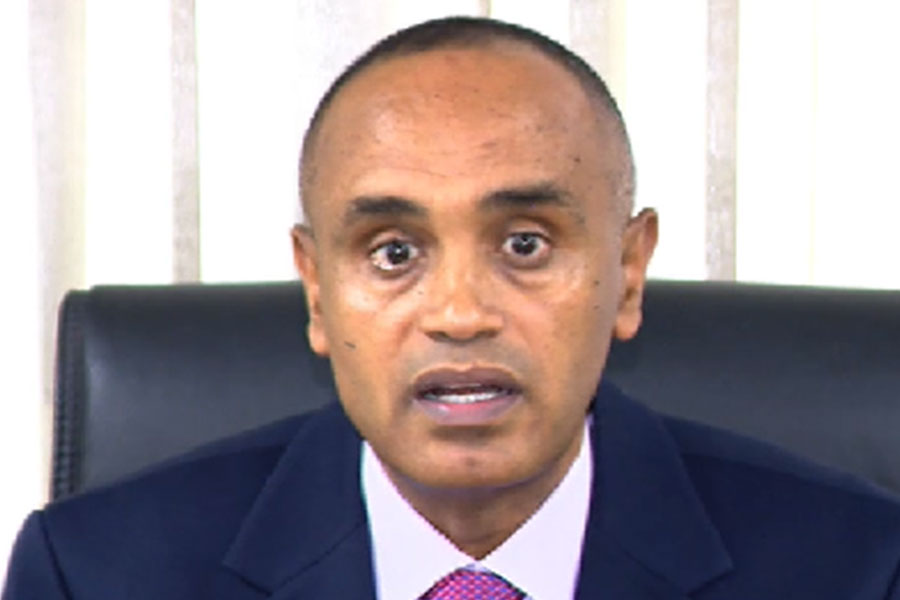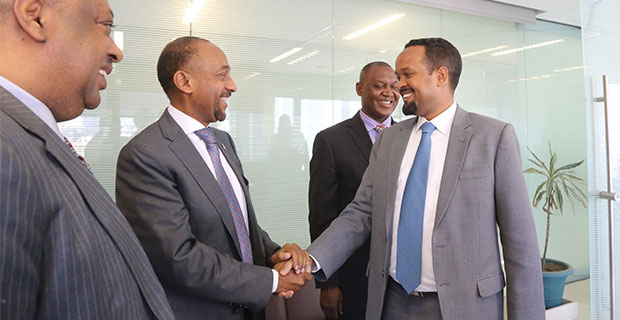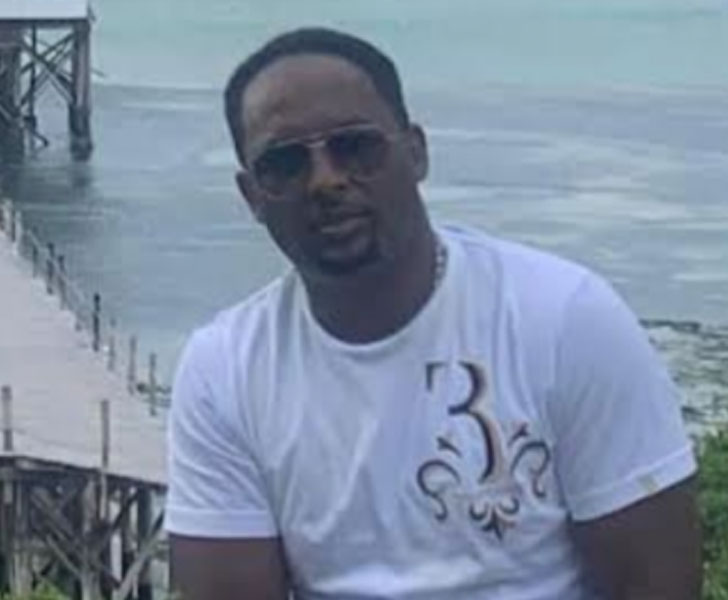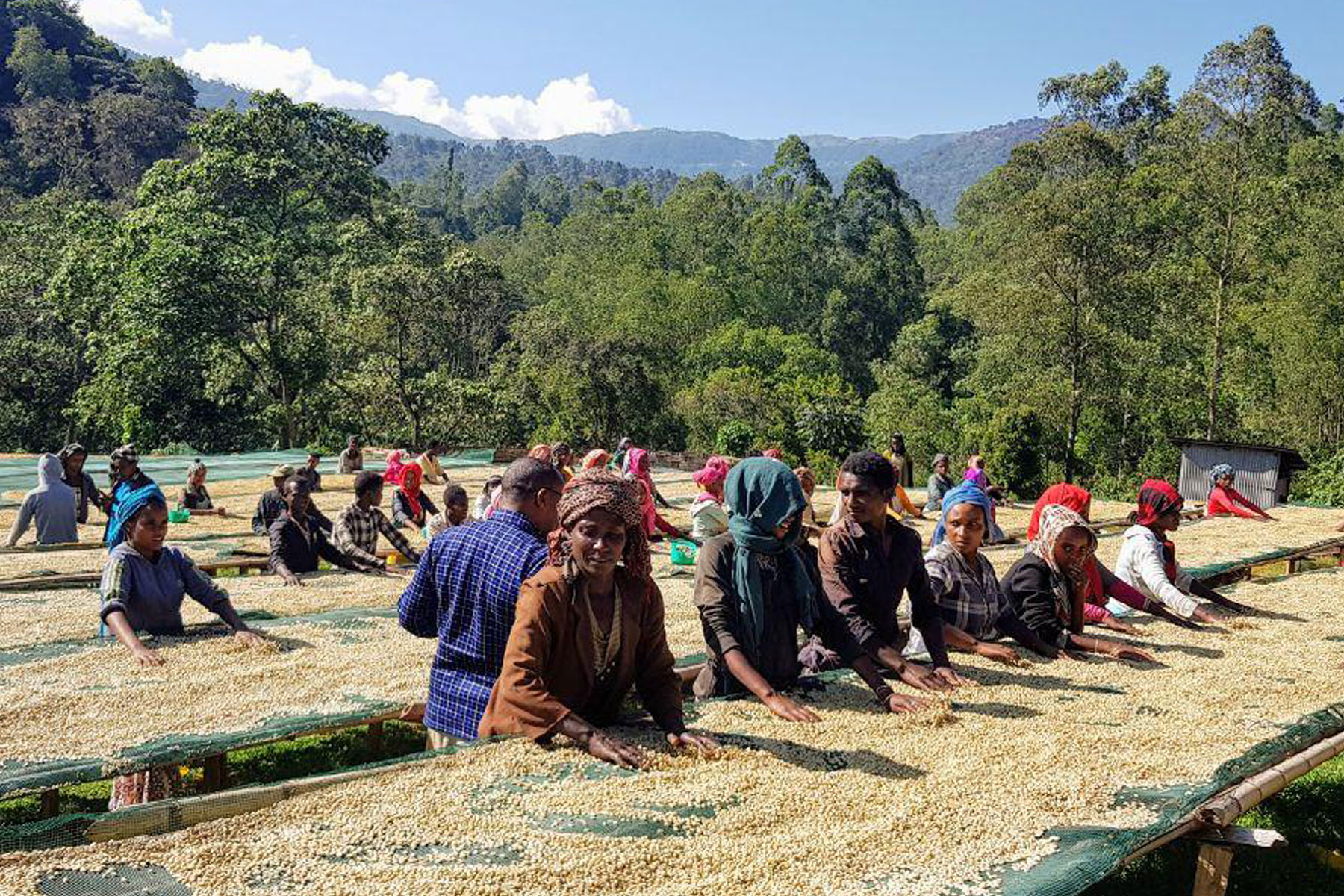
Radar | Nov 23,2019
Oct 10 , 2020.
Lawmakers from the House of Federation and parliament sat feet apart from one another, gathering not in the famous clock-tower building constructed under Emperor Hailesellasie. The joint session of the Houses was convened at Shengo Hall right across Lorenzo Te`azaz Road, a building that has not seen much use since the fall of the Dergue. This was because of public health policy measures imposed in response to the Novel Coronavirus (COVID-19) outbreak. The choice of a venue, however, was not the only anomaly.
President Sahle-work Zewde has opened the "sixth annual session" of the fifth year of the current parliament, a phrase denoting an aberration to the rule. Members of both Houses gathered out of their usual place of convention; and, instead of having to make do with a hall provided to them by the Prime Minister’s Office, it was illustrative of the unusual time they are going to have this year. The need to socially distance themselves was illustrative of the wounding fissure that exists between the constituencies they represent in the legislative houses.
But the unintended symbolism was unnecessary. There have been several developments and incidents over the past years and months that portended business will not be as usual during the new annual session of parliament. In large part, this stems from the fact that the "sixth year" in public office is nothing but an unprecedented circumstance since the promulgation of the current Constitution in 1995.
Much debate and discussion went into the decision to postpone the national elections that were slated to take place earlier this year, thereby extending the terms of members of the legislative houses. It was brought before a House of Federation for interpretation, whose members went on to vote by a majority voice that COVID-19 poses too serious a public health threat to hold the elections this year. It was proven to be fateful and consequential. Politics is a great deal more about perception, and the decision by the House faced challenges from opposition parties that deemed the result unconstitutional and the current MPs illegitimate beyond October 5, 2020. Chief among these has been the Tigray People’s Liberation Front (TPLF), the only opposition in parliament up until recently.
Following the decision by the House, the TPLF, which controls all the seats in the Tigray Regional State’s parliament, elected to conduct its own regional elections. When the National Electoral Board of Ethiopia declined to administer the elections, the regional government established its own electoral commission and conducted a poll in early September. Through near universal voter turnout and elected in a landslide, according to the regional government, the TPLF believes it has gained a mandate to govern despite the federal government’s insistence that the election there is "null and void."
The great question for when both houses of parliament convened last week to start the new year’s session was how the two entities would handle this development of mutual political delegitimisation. As it turned out, it was in the worst possible way.
During the President’s opening of the joint legislative houses, almost no members from the Tigray region, one constituent part of the Federation with historical significance to the current order, showed up. The regional government declared that it no longer recognises the members of parliament as legitimate. The federal government responded with a similar action bound to exacerbate tensions. The House of Federation raised the stakes by deciding to cut ties with the State Council and the region’s executive body. It passed a resolution not to provide federal subsidies to them but directly to lower administrative units, a move haphazard to the whole concept of federalism.
Seen from a historical perspective, the core of the issue - a challenged legitimacy - seems almost mundane. Those that have held state power within the Ethiopian state are no strangers to political groups and movements that challenge their legitimacy. Prime Minister Abiy Ahmed (PhD) and the Prosperity Party are just the latest targets of this. But the circumstances have greatly changed. This time around, the challenge comes from within the establishment and a powerful foe which has demonstrated capabilities to defend its turf.
The distribution of power relations and the existence of political tensions in almost every part of the country makes matters a great deal more complex and delicate. The exasperation of mutual political delegitimisation between two entities that hold a form of state power makes the prospect of large-scale armed conflict not out of sight. For many to ponder the possibilities of impending civil war is no longer preposterous speculation.
Be warned though. It would only be aw-shucking to think the consequences of allowing such political tensions to worsen only threatens one part of Ethiopia. Considering the growing divisions and polarisation in Ethiopian society that have coloured political engagement over the past years, this has the possibility of delivering the unravelling of the Ethiopian state, and soon after that the aggravation of the security conditions of the Horn region.
Clearly, this should not have been just another annual session for members of both legislative houses. It is a make or break moment for the Ethiopian state, and the failure to stir wisely and responsibly when so much is at stake - when the country is staring right into the abyss - could have unimaginable consequences. Sadly, the President's address to the joint session conveniently overlooked this unsettling development. She missed an opportunity to convey an assuring message, consoling many souls deeply worried about the grim prospect.
The issue should not be viewed just between the forces in Meqelle and Addis Abeba. An unassailable tension exists in the socio-political relations between almost every lingo-cultural and religious group that live close to one another. The task of parliament and the House can no longer be to merely run the business of the state and administer its mundane legislative functions. A clarion call of the moment was to chart a path out of the unprecedented state of an impasse that could very well lead to regrettable large-scale but avoidable conflicts. In this, members of both houses will leave a tainted legacy.
They could have allowed efforts at de-escalation to top the agenda. The major challenge against this will be the constituencies on either side of the aisle. A poor political culture where fair and sober engagement is rare has meant that political opponents view each other as enemies that could never be accommodated or tolerated. Culture, of any kind, is hard to change, and there is not much that could be done about this in the short-term. A substitute for a democratic culture where political opponents tolerate each other could be the cold realisation that the current escalation would result in long and extended conflicts that claim many lives and drags millions into further poverty.
Making the point to those with power to reign in jingoistic rhetoric and reinstate lines of communications and ties should be incumbent upon the elite. This is imperative upon community and religious leaders, public figures and those in civil society. Such an effort may not help build political consensus, but it could rob the opposing parties of the desire to escalate the rhetoric further. This could occur with the endorsement of parliament to hold an all-inclusive and comprehensive national dialogue, perhaps under the heading of "Strategic Dialogue for Ethiopia." Each passing month over the years has brought the urgency of this further to the fore.
There is a major political weakness at the root of Ethiopia, which has been manifesting itself in violence ever since the founding of the state. It is a lack of political settlement over the rules of the game and the institutions that referee it. Failure to reach such an accommodation puts a strain over the Ethiopian state that could not be addressed merely by holding elections or a temporary halt that the realisation of armed conflict can produce.
It remains the most plausible alternative that is yet to be taken. At such a daunting moment in history, there should not be all that much that could be lost by going forward with such attempts at reconciliation.
PUBLISHED ON
Oct 10,2020 [ VOL
21 , NO
1067]

Radar | Nov 23,2019

Sunday with Eden | Jan 18,2019

Verbatim | Jan 13,2024

Radar | Oct 26,2019

Fortune News | Nov 27,2018

Fortune News | Jan 25,2020

Fortune News | Jan 22,2022

Fortune News | Apr 13,2024

Radar | Oct 19,2019

My Opinion | Oct 10,2020

My Opinion | 131586 Views | Aug 14,2021

My Opinion | 127942 Views | Aug 21,2021

My Opinion | 125917 Views | Sep 10,2021

My Opinion | 123541 Views | Aug 07,2021

Dec 22 , 2024 . By TIZITA SHEWAFERAW
Charged with transforming colossal state-owned enterprises into modern and competitiv...

Aug 18 , 2024 . By AKSAH ITALO
Although predictable Yonas Zerihun's job in the ride-hailing service is not immune to...

Jul 28 , 2024 . By TIZITA SHEWAFERAW
Unhabitual, perhaps too many, Samuel Gebreyohannes, 38, used to occasionally enjoy a couple of beers at breakfast. However, he recently swit...

Jul 13 , 2024 . By AKSAH ITALO
Investors who rely on tractors, trucks, and field vehicles for commuting, transporting commodities, and f...

Jun 29 , 2025
Addis Abeba's first rains have coincided with a sweeping rise in private school tuition, prompting the city's education...

Jun 29 , 2025 . By BEZAWIT HULUAGER
Central Bank Governor Mamo Mihretu claimed a bold reconfiguration of monetary policy...

Jun 29 , 2025 . By BEZAWIT HULUAGER
The federal government is betting on a sweeping overhaul of the driver licensing regi...

Jun 29 , 2025 . By NAHOM AYELE
Gadaa Bank has listed 1.2 million shares on the Ethiopian Securities Exchange (ESX),...